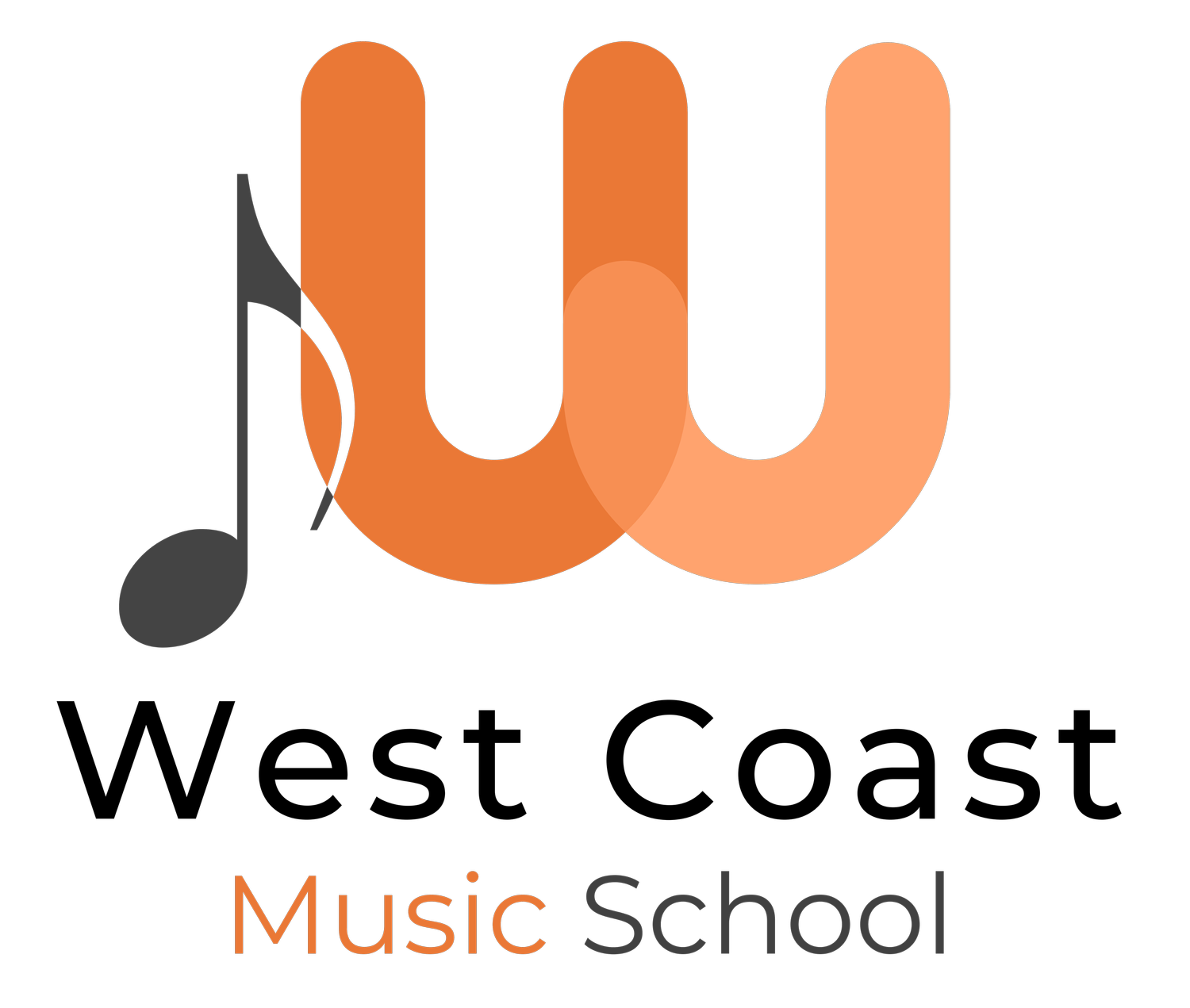Can Music Lessons Help with Anxiety?
It’s no secret that we are big advocates for mental health at WCMS.
As someone who suffers with anxiety, I can confidently say music is definitely a useful tool in my tool-kit for managing anxiety, however I do want to look at this beyond my anecdotal experiences.
Picture this: You're sitting down with your instrument and you start playing a few notes. I think we can all agree that sometimes we can physically feel a shift happen - but is it in our head, or is there more to this?
Unraveling Anxiety
Let's quickly talk about anxiety. It often creeps in, bringing its not-so-welcome friends – stress and tension. But here's where music can enter the scene. Engaging in music lessons provides a focused and immersive experience, diverting our minds and helping us find some calm within the storm.
The Science Bit
Science time (but no need for lab coats). Music has this incredible way of affecting our brains - here are some of my favourites:
Dopamine, the Feel-Good Messenger: When we play or listen to music, our brains release a ‘feel-good’ chemical (ie. a neurotransmitter called dopamine). Dopamine is associated with the pleasure and reward cycle, meaning it activates when we experience something enjoyable - in this case it’s good music.
Managing Stress: Anxiety often goes hand-in-hand with increased levels of cortisol, a hormone linked to stress. Studies have shown that engaging in music (especially active participation like playing an instrument) can lead to a reduction in cortisol levels, allowing us to find a more relaxed state. Singing is especially wonderful for this because it stimulates the vasovagal nerve which is known to reduce cortisol production within our bodies.
Mental Distraction: When you're completely engrossed in playing an instrument, your mind is less available for anxious thoughts. It's a form of distraction that goes beyond merely "taking your mind off things." The cognitive engagement required for music activities provides a positive outlet for mental energy, redirecting focus away from anxiety triggers.
Emotion Regulation: Music has a unique ability to evoke emotions. When we connect emotionally with music, it activates neural those pathways associated with reward and pleasure that we spoke about earlier. This emotional resonance can create a positive feedback loop, enhancing our mood and contributing to a sense of emotional well-being.
Let’s look at it practically…
So, can music lessons really be your anxiety-managing sidekick?
Mindfulness: Playing an instrument demands your attention. It's like a musical meditation, where you're fully present, leaving no room for anxious thoughts to sneak in.
Expression: Music is a language, and your instrument is your voice. It allows you to express feelings that might be hard to put into words. It's like having a conversation with your emotions, but in a way that feels comfortable and safe.
Flexibility: The beauty of using music to tackle anxiety lies in its flexibility. You don't have to be a virtuoso; it's about the process, not the end result. Whether you're strumming a few chords or tinkering on the piano, the act of making music can be a personal retreat.
So, do music lessons help with anxiety? Well, the answer might be a personal one, as unique as the notes in your favourite song. But what we do know is that music has a remarkable way of weaving joy into our lives.
So, if you've ever thought about picking up an instrument or diving into music lessons, maybe it's time to let the melodies be your guide on this relaxing, anxiety-soothing journey.
Disclaimer: While engaging in music activities can offer relaxation and emotional benefits, it is essential to note that music alone is not be a substitute for professional mental health treatment. If you or someone you know is struggling with anxiety or any mental health concerns, it is strongly advised to seek guidance from a qualified mental health professional. Music can be a complementary and enjoyable part of a well-rounded self-care routine, but professional support is invaluable for addressing individual needs and circumstances.


